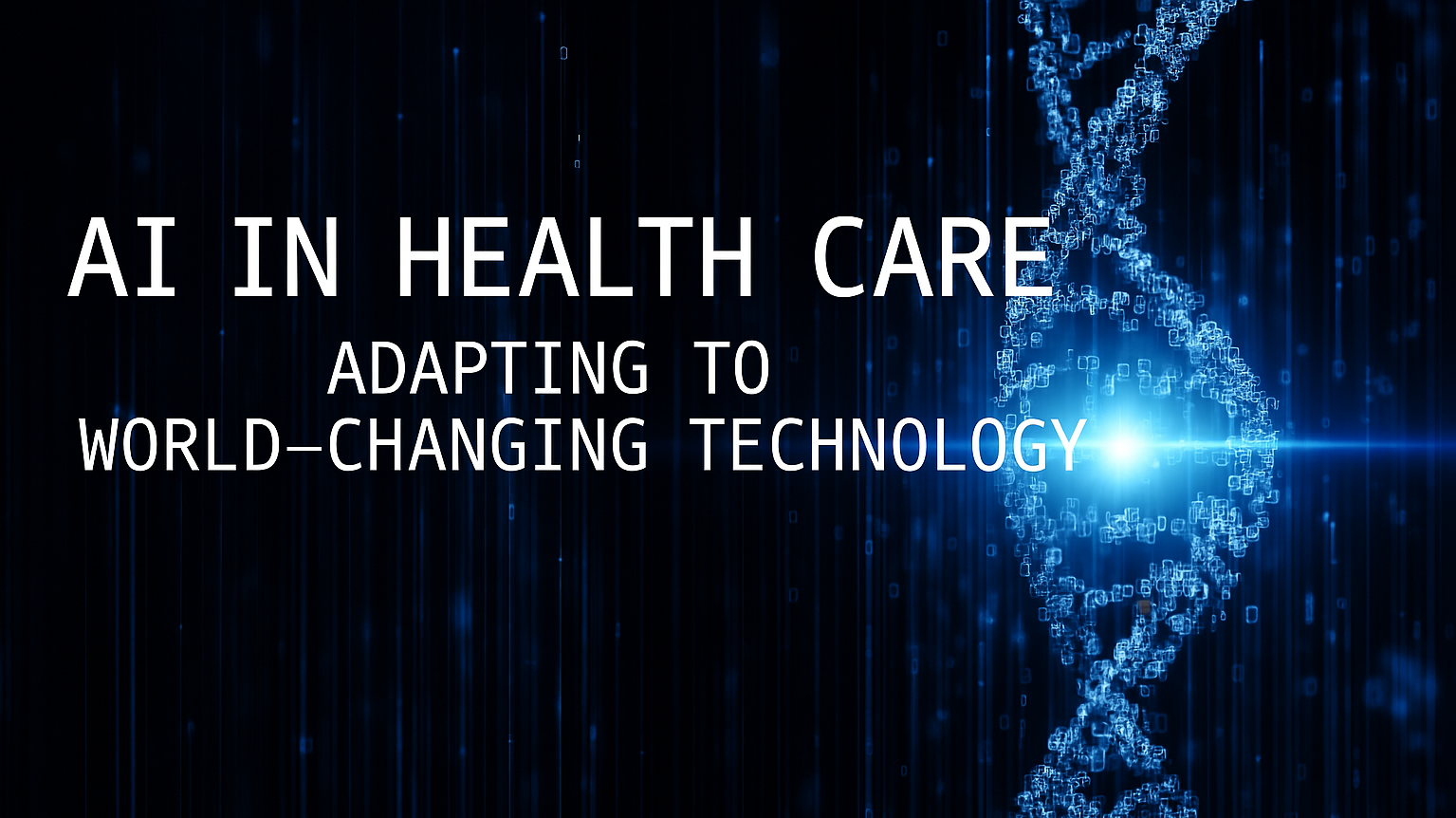AI In Healthcare: Navigating Legal, Ethical, and Regulatory Frontiers
April 01, 2025On March 22, 2025, Gardner Law, PLLC proudly co-hosted a thought-provoking continuing legal education (CLE) event with the Mitchell Hamline School of Law Health Law Institute, titled “AI in Healthcare: Adapting to World-Changing Technology.” With over 100 participants, the event featured four in-depth presentations and a lively panel discussion exploring the cutting edge of artificial intelligence in medicine—from regulatory approvals to ethical use, privacy concerns, and the evolving scope of medical practice.
Gardner Law attorneys Mark Gardner, Nathan Downing, and Paul Rothermel joined distinguished healthcare leaders Barbara Colombo, Director of the Health Law Institute at Mitchell Hamline, Kelly Henderson, VP of Risk Services, Dr. Brita Hansen, Medical Director of Analytics and Digital Innovation, both of Allina Health, and Dr. Christopher Tignanelli, Associate Dean for Data Science, co-Director of the University of Minnesota's Program for Clinical Artificial Intelligence and its Quality Outcomes, Discovery and Evaluation Core, to dissect how AI is shaping the future of healthcare—and the law. Molly VandeVoort, a current law student at Mitchell Hamline and expert in health policy and compliance, welcomed attendees as student moderator.
Overview of AI in Healthcare
Mark Gardner began the presentation by introducing AI as a collection of computational systems designed to mimic human intelligence, emphasizing its significant impact in healthcare through applications such as diagnostic assistance, predictive analytics for patient outcomes, and enhancing practitioner capabilities. He underscored the importance of AI in efficiently managing vast data sets and described practical healthcare applications like Radiology Partners for diagnostic assistance and patient outcome predictions post-surgery. His presentation provided a brief history of AI and a helpful glossary of common terms and definitions.
Check out Mark's full presentation here.
Regulation, Risk, and Reality

Nathan Downing, Managing Attorney at Gardner Law, provided an in-depth examination of the FDA regulatory framework for AI in healthcare. He explained that AI poses unique regulatory challenges due to its rapid evolution, which consistently outpaces regulatory frameworks. Downing stressed the need for companies to effectively communicate complex AI science to the FDA, ensuring products meet safety and efficacy standards. He also discussed practical strategies for navigating regulatory challenges, stressing the importance of early engagement with the FDA and clear documentation of AI functionalities and limitations:
“We used to live in a data-limited world. Now we live in a hypothesis-limited world.”
In his presentation, Downing addressed the complex and evolving FDA regulatory landscape surrounding AI/ML medical devices. He highlighted the importance of early and strategic engagement with the FDA to streamline market authorization pathways. Downing reminded the audience:
"It’s not just about what your AI can do—it’s about how well you can tell that story to the FDA."
Nate's session can be viewed in full here.
Privacy at a Crossroads
Senior Attorney Paul Rothermel explored the rapidly shifting patchwork of U.S. and state-level privacy laws that impact AI. Specifically, he addressed critical privacy and cybersecurity considerations, highlighting how emerging AI technologies intersect with privacy laws such as HIPAA, GDPR, and the California Consumer Privacy Act (CCPA). He examined how the use of large-scale data in AI necessitates stringent privacy protections to avoid discrimination, misuse, and potential bias in decision-making. Paul also outlined recent state-level developments in AI regulation, including legislation specific to generative AI, and stressed the importance of complying with varied privacy frameworks across states:
“Many state privacy laws now contain provisions that effectively regulate AI systems through automated decision-making rules.”
He also warned that the gaps between HIPAA-covered entities and consumer health apps present unique legal risks.
Explore the legal risks and privacy challenges in the world of AI by watching Paul's full session here.
Scope of Practice and AI’s Place in Clinical Decision-Making
Kelly Henderson and Dr. Brita Hansen next discussed practical considerations for implementing AI in clinical settings. They emphasized the importance of clearly defined oversight and evaluation frameworks within healthcare institutions. Dr. Hansen detailed Allina Health's structured approach, distinguishing between deterministic, predictive, and generative AI, explaining how each type requires distinct evaluation methodologies and governance. She also stressed the critical role of data quality, model validation, and clinician training in ensuring safe and effective AI use.
They went on to explain how AI is already integrated into clinical workflows. Dr. Hansen pointed out that AI-like models have been used in healthcare for decades, but generative AI has added an extra layer of complexity. Henderson added that institutions need responsible oversight frameworks:
“If any component of your AI ecosystem fails—model, data input, implementation—the whole system fails. We can’t treat AI as a black box.”
Watch Dr. Hansen and Kelly's full session here.
A Glimpse into the Future
In the closing panel led by Dr. Chris Tignanelli and moderated by Mitchell Hamline student Molly VandeVoort, Dr. Tignanelli focused on the practical implementation of AI solutions in clinical environments. He highlighted three priorities:
- Developing novel AI tools addressing specific clinical problems identified by practicing clinicians;
- Ensuring AI systems are explainable, trustworthy, and transparent;
- Establishing robust methods for monitoring and optimizing AI performance post-implementation.
Dr. Tignanelli further reiterated the necessity of creating clear guidelines to determine when an AI system should be adjusted or discontinued due to performance concerns:
“We don’t just develop AI tools—we monitor them. We’re asking questions like, ‘When should we turn this system off?’”
These and other important questions were asked and discussed by our experts in the closing session, which you can view in full here.
If your company is still working out how to navigate this increasingly complex and rapidly evolving technology, contact Gardner Law for practical, regulatory-ready insights on AI in healthcare. We also invite you to watch the full event on our YouTube page. And if you wish to earn 2.75 CLE credits for viewing this event on demand, contact the MHSL Health Law Institute.